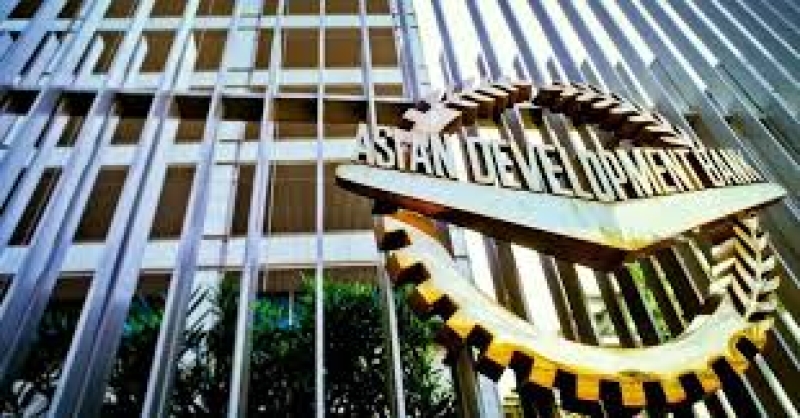- CA Yunus pays homage to Liberation War martyrs on Victory Day |
- Bangladesh capital market extends losing streak for second day |
- Bangladesh celebrates Victory Day Tuesday |
- 'Different govts presented history based on their own ideologies': JU VC |
ADB approves $400m to boost Bangladesh’s climate resilience

The Asian Development Bank (ADB) has approved a $400 million loan to help Bangladesh strengthen climate resilience, reduce emissions, and promote inclusive development.
This funding supports the second phase of the Climate-Resilient Inclusive Development Program (CRIDP). It also includes nearly $113 million in co-financing from the Agence Française de Développement (AFD) and an additional $400 million from the Asian Infrastructure Investment Bank (AIIB), according to a press release.
As part of the initiative, a Bangladesh Climate Development Partnership will be established to secure climate financing and assist ministries in planning, executing, and monitoring climate-related projects more effectively. A new framework will scale up local, youth-led, and gender-responsive adaptation efforts.
The program also supports a national disaster risk financing strategy, introducing tools such as crop and disaster insurance, and contingent disaster funding mechanisms.
Additional support will go toward updating the Revised Strategic Transport Master Plan for Dhaka (2025–2034) and monitoring the renewable energy aspects of the Integrated Energy and Power Master Plan, which aims to promote green transport and energy systems.
Bangladesh is one of the world’s most climate-vulnerable countries. Research suggests that continued high greenhouse gas emissions could cost the country up to one-third of its GDP by 2070. Already, tropical cyclones inflict nearly $1 billion in annual damage, while severe flooding could cut expected GDP growth by up to 9% by 2050. By mid-century, Bangladesh risks losing 17% of its land and 30% of food production.
The ADB noted that the program tackles systemic challenges such as limited institutional coordination, underfunded climate actions, and low private sector engagement. It aims to create an enabling environment for coordinated action, enhanced adaptation, and accelerated mitigation.
ADB Senior Public Sector Economist Sameer Khatiwada said the program will align ministries with national climate strategies, improve climate finance mobilization, and accelerate solutions to reduce climate risks.

